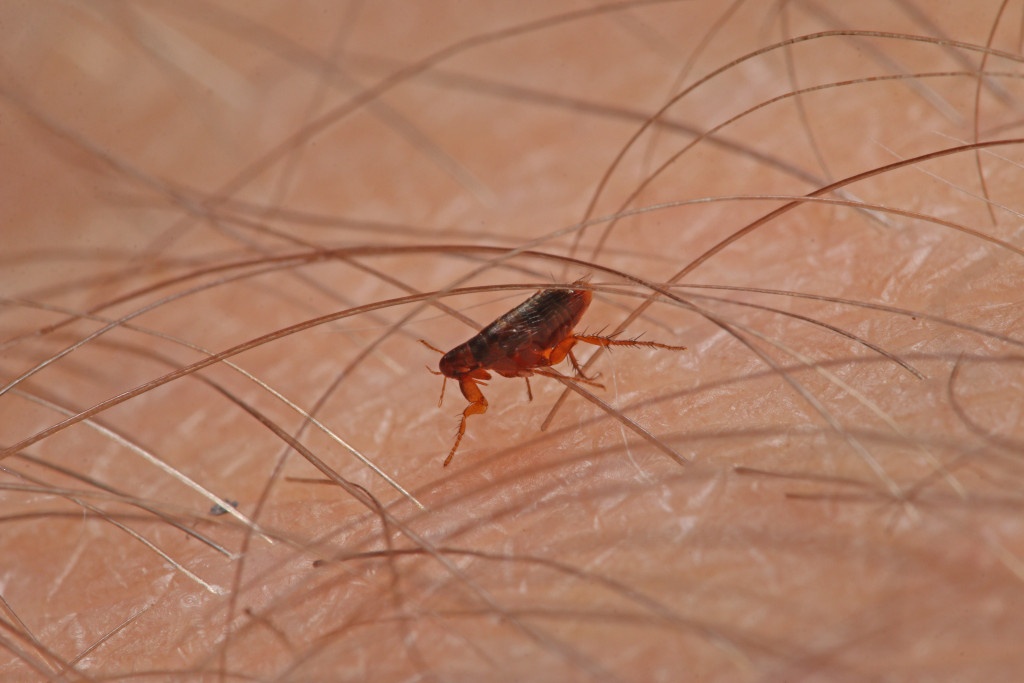Fleas are pesky insects that feed on the blood of warm-blooded animals. They can be a significant problem for pets and people and can be very difficult to eliminate. They bite their hosts to feed and can cause great discomfort. If you think you may have a flea infestation in your home, there are a few things you should do right away.
Here are a few things you should do if you think you have a flea infestation.
1. Identify where the fleas are coming from
The first thing you need to do is identify where the fleas are coming from. Fleas can come into your home on your clothing, on other animals, or from outside. Depending on where the fleas are coming from, you’ll need to take different steps to eliminate them.
For example, if the fleas are coming from outside, you’ll need to treat your yard and home’s exterior to eliminate them. If the fleas are coming from another animal in your home, you’ll need to treat that animal and take steps to prevent them from spreading.
But if fleas are coming from you or your clothing, likely, they’re already everywhere in your home. So you’ll need to take steps to treat your whole house. This is the most complex and time-consuming option, but it’s the only way to ensure you get rid of all the fleas.
2. Clean your entire home
Once a flea bites someone or something, it jumps off to lay eggs. So even if you get rid of all the adult fleas, more will quickly hatch and infest your home again. To prevent this, you need to clean your entire home thoroughly.
Start by vacuuming everywhere, including under furniture and in hard-to-reach places. After cleaning, dispose of the bag immediately to prevent the fleas from escaping back into your home. Then wash all your bedding and clothing in hot water. Try to do this at least once weekly to keep the fleas from returning. Because fleas can live for several months without feeding, you must be consistent with your cleaning.
Fleas can also hide in carpeting, so you should consider professional carpet cleaning. This is a good option if you have a severe infestation or are struggling to get rid of the fleas.
3. Use pesticides carefully
Pesticides can be effective at getting rid of fleas, but they can also be dangerous if misused. If you decide to use a pesticide, follow the instructions carefully and only use it in areas where children and pets can’t access it.
There are a variety of pesticides available, so be sure to choose one specifically designed to kill fleas. Powders and sprays are typically the most effective options. They work by either killing the fleas directly or by making the environment uninhabitable for them.
But before you use any pesticide, be sure to test it in a small area first. Some people are allergic to certain pesticides, so it’s essential to be cautious.

4. Talk to your veterinarian
If you have a pet, you must talk to your veterinarian about getting rid of fleas. They can prescribe medication to kill the fleas and prevent them from returning. They can also advise you on keeping your pet from getting fleas in the first place. This is important because avoiding an infestation is much easier than getting rid of one.
Your veterinarian can also help you choose the best flea treatment for your pet. Various options are available, including oral medication, topical medication, and collars. Be sure to ask about the side effects of each option so you can choose the best one for your pet.
5. Take steps to prevent fleas from coming back
Once you’ve gotten rid of the fleas in your home, you must take steps to prevent them from returning. This can be difficult, but it’s essential to be vigilant.
One of the best things you can do is to vacuum regularly. This will help to remove any flea eggs or larvae that may be in your home. Keeping your pet’s bedding clean and free of fleas would be best. Be sure to wash it in hot water at least once a week.
Your lawn is also a breeding ground for fleas, so keeping it well-maintained is essential. This includes mowing the grass regularly and removing any debris or leaves. If you have a lot of fleas in your yard, you may need to treat it with a pesticide. But be sure to follow the instructions carefully and keep children and pets away from the treated area.
Fleas can be a severe problem, but there are things you can do to get rid of them. Be sure to vacuum regularly, wash your bedding in hot water, and talk to your veterinarian about the best way to treat your pet. And be sure to take steps to prevent fleas from coming back. If you do all these things, you can get rid of fleas for good.

